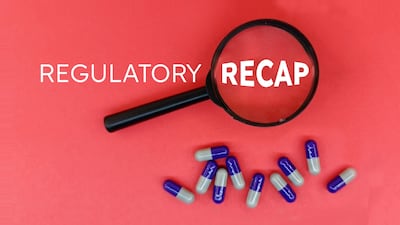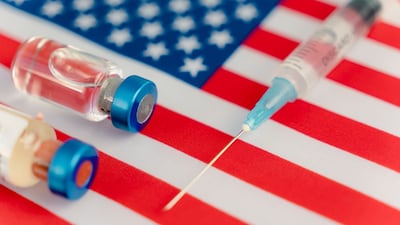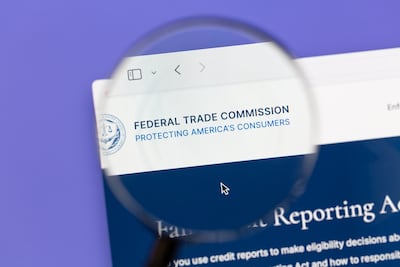Regulation
The FDA wants to waive facility fees for three years if a sponsor breaks ground on a US-based manufacturing plant, but industry is concerned the idea will force other sponsors to subsidize competition.
After taking the reins as president of Medicines for Europe at the start of 2026, Zentiva CEO Steffen Saltofte sets out priorities for the group that include ensuring access to medicines, industry resilience and competitiveness, harmonized regulation, and sustainability for the off-patent sector.
‘It’s A Great Opportunity But It’s Also Late’ – Samsung Bioepis’ Woollett On Biosimilar Streamlining
Regulatory streamlining represents a paradigm shift for the biosimilars industry, but does it go far enough? Gillian Woollett, Samsung Bioepis’ head of regulatory strategy and policy, says streamlining must be accompanied by a sustainable economic environment for biosimilars to ensure global access.
Responding to recent FDA guidance on a new streamlined pathway for US biosimilars, off-patent industry representatives have urged the agency to make the approach “the new default” for biosimilar filings. However, PhRMA has suggested limiting the route to less complex product types.
Generics Bulletin reviews global regulatory developments across the world.
Amarin has hit back over the US Supreme Court’s decision to review skinny-label induced infringement litigation with Hikma over Vascepa (icosapent ethyl).
Speaking at a pre-J.P Morgan science summit, Sarah Yim – director of the US FDA’s Office of Therapeutic Biologics and Biosimilars – set out the FDA’s plans to achieve further progress on biosimilars both domestically and internationally in 2026.
Cosette Pharmaceuticals and Alembic Pharmaceuticals are among the latest firms to have benefited from 180 days of competitive generic therapy exclusivity under the US FDA’s CGT pathway. Since the first approval in 2018, almost 500 ANDAs referencing CGT products have been approved.
The health technology assessment institute said its recommendation for the multiple sclerosis drugs, Tysabri and Tyruko, highlighted its continued efforts to drive the adoption of biosimilars across the National Health Service.
The European Commission sees the value of biosimilars, but its biotech vision lacks competitive incentives to build on the region’s relevance.
Generics Bulletin reviews the first year of Trump 2.0 and its impact on the off-patent sector, which was marked by both favorable and less beneficial movements by US president Donald Trump and his administration.
Outlook Therapeutics has once again been frustrated in its attempts to gain US FDA approval for an ophthalmic formulation of bevacizumab – and the latest complete response letter from the agency does not seem to offer a clear path ahead.
In an already crowded US market for Prolia/Xgeva biosimilars, the latest decisions from the FDA have resulted in an approval for Amneal and mAbxience’s partnered denosumab rivals, while Dr Reddy’s and Alvotech have received an anticipated complete response letter.
A Teva official suggested the increasing reliance on analytical characterizations rather than clinical studies to show biosimilarity should warrant user fee structure changes.
In a busy year for US biosimilars, more than a dozen approvals were seen as multiple brands faced competition for the first time – including Stelara. However, concerns persist over the “biosimilar void”, with hope that the latest FDA announcement on regulatory streamlining can help to fill the gap.
Generics Bulletin reviews global regulatory developments across the world.
After multiple warning letter campaigns, the US FTC has claimed a win as Teva’s request to remove hundreds of Orange Book patent listings will pave a generic competition path for more than 30 products.
The US FDA’s approval of the first generic rival to Mayne Pharma’s Imvexxy (estradiol) comes days after the agency released product-specific guidance, which was demanded by the originator through citizen petitions.
The US FDA has delivered its December batch of product-specific guidances for generic development, marking only the second timely release of the year.
The Belgian Competition Authority has confirmed that it is escalating a complaint against Roche over alleged strategies used to delay biosimilar competition to rituximab and trastuzumab.




















